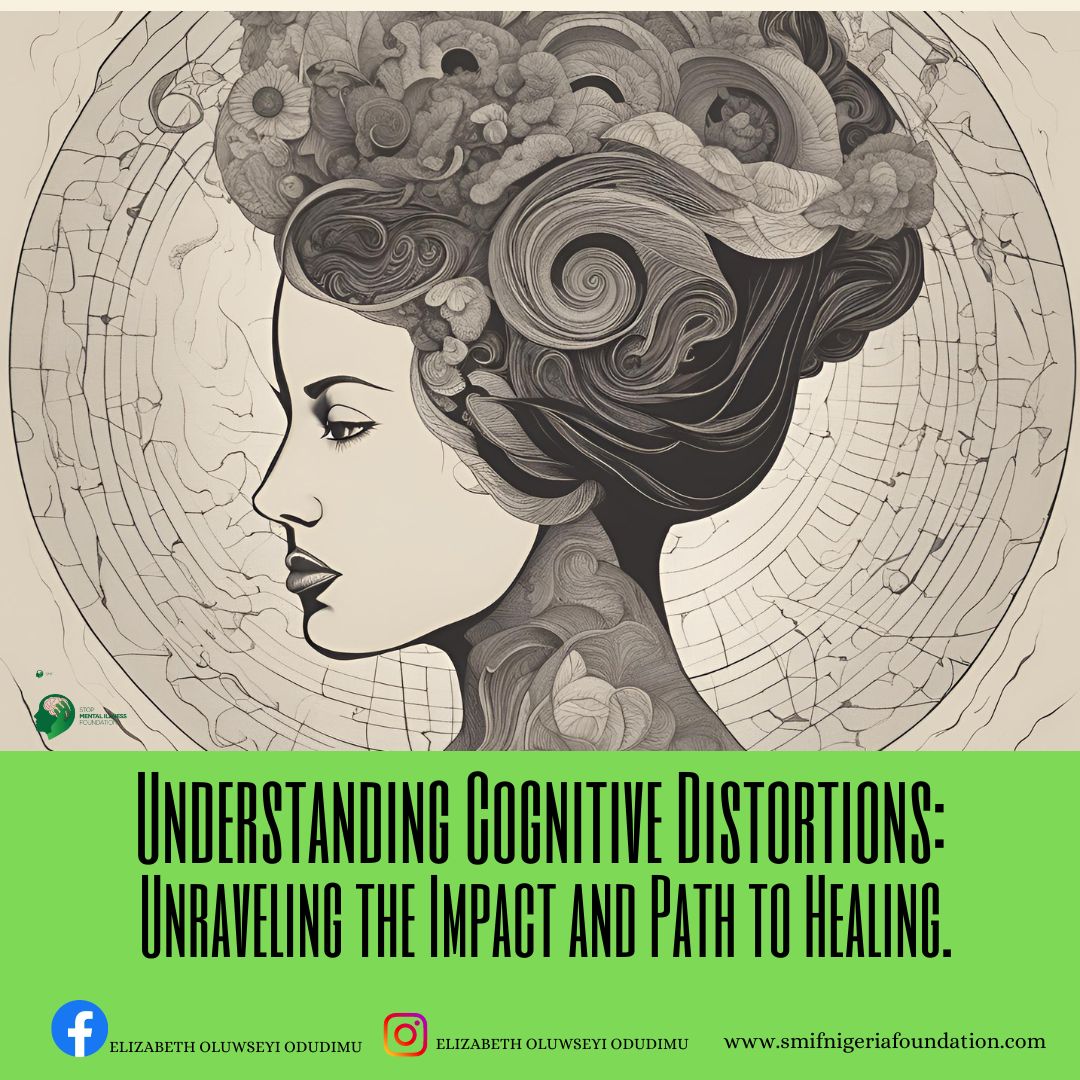
Understanding Obsessive-Controlling Behavior: Navigating Challenges and Seeking Support
To help you catch up, we invite you to take a moment to read our April 2024 Newsletter.
Obsessive-controlling behaviour is a complex issue that can impact individuals’ mental well-being and relationships. At the Stop Mental Illness Foundation, we strive to shed light on this challenging aspect of mental health and provide guidance and support for those affected by obsessive-controlling tendencies.
Individuals who exhibit obsessive-controlling behaviour often feel a strong need to exert control over their environment, circumstances, or relationships. This need for control can stem from various underlying factors, such as anxiety, fear, insecurity, or past experiences. While a certain level of control can be healthy and necessary, excessive and rigid control can have detrimental effects on one’s mental health and interpersonal relationships.
It is essential to recognise that obsessive-controlling behaviour is not a choice or a character flaw but rather a manifestation of underlying psychological issues. Individuals struggling with obsessive-controlling tendencies may experience heightened levels of stress, anxiety, and dissatisfaction due to their need for control. This behaviour can also strain relationships with family members, friends, and colleagues, leading to feelings of isolation and conflict.
Seeking support and understanding is crucial for individuals grappling with obsessive-controlling behaviour. Therapy, counselling, and support groups can provide valuable tools and strategies to help individuals gain insight into their behaviour, manage their impulses, and develop healthier coping mechanisms. By addressing the root causes of obsessive-controlling tendencies, individuals can work towards greater self-awareness, emotional regulation, and interpersonal skills.
At the Stop Mental Illness Foundation, we aim to foster a compassionate and non-judgmental space for individuals struggling with obsessive-controlling behaviour to share their experiences, seek support, and access resources for healing and growth. We believe that by raising awareness, promoting empathy, and providing education, we can empower individuals to break free from the cycle of obsessive control and cultivate healthier and more fulfilling relationships.
If you or someone you know is grappling with obsessive-controlling behaviour, know that help is available. Reach out to a mental health professional, engage in therapy or counselling, and remember that you are not alone in your journey towards healing and self-discovery. Together, we can break the stigma surrounding obsessive-controlling behaviour and create a community that values empathy, understanding, and support for all individuals affected by mental health challenges.
